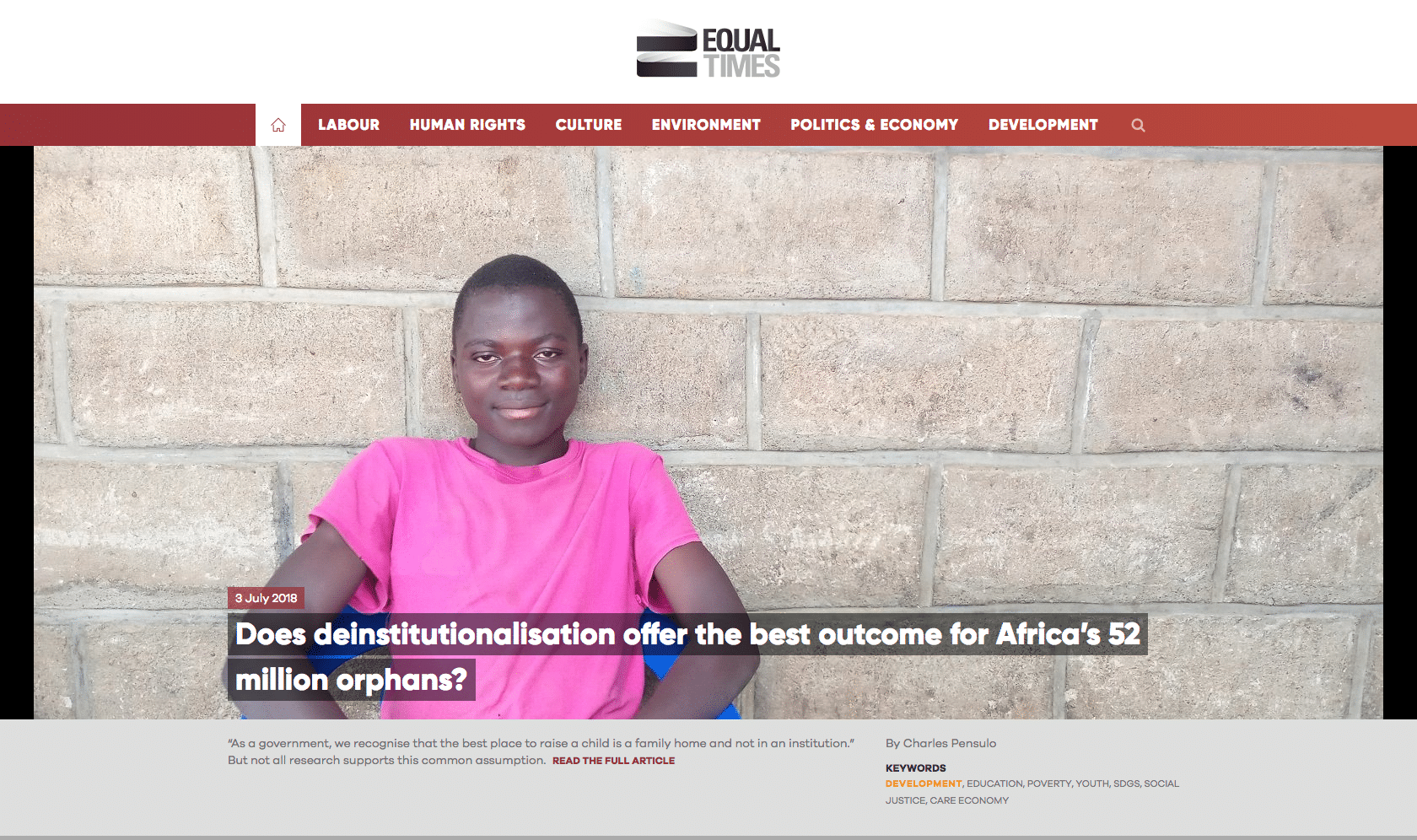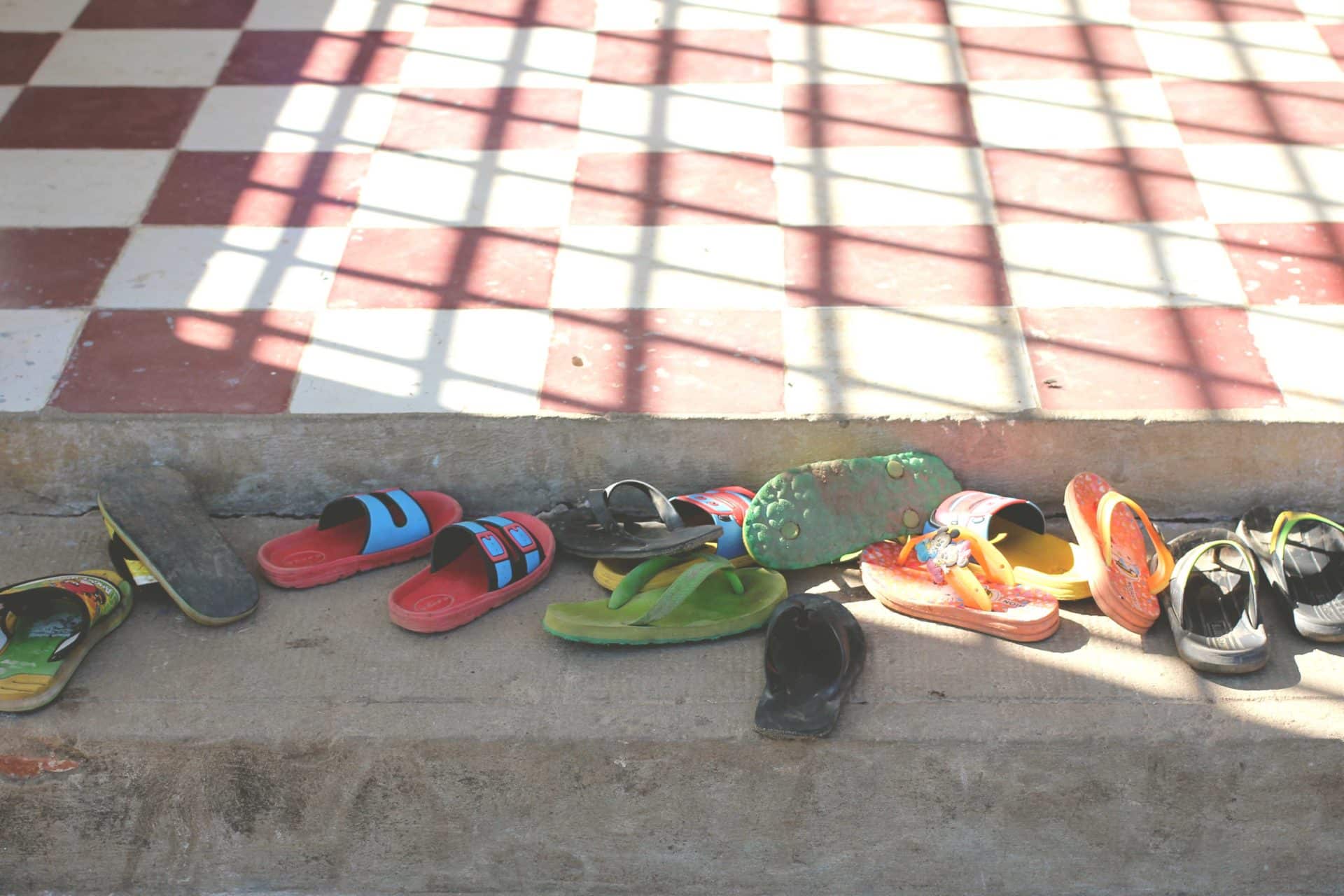Journalist, Charles Pensulo, wrote a comprehensive article for “The Equal Times” about deinstitutionalization in Malawi and interviewed Dr. Kate Whetten about findings from the Positive Outcomes for Orphans (POFO) Study:
Speaking to Equal Times, Whetten adds: “There is no NIH study of older children that has found that they do poorly in orphanages or institutions. All of these rigorously peer-reviewed studies have found that children in need do as well or better in orphanages relative to family settings, and that orphanages can be the place where children who are going to drop out of school, have severe emotional difficulties and learn no job trade, are able to thrive.”
Continue reading
“The majority of the world’s population lives in low-income countries with extremely limited access to mental health care. This gap is largest in African nations, which have the world’s lowest ratio of mental health professionals: just 1.4 per 100,000 people.
For more than a decade, a multinational team of researchers has been exploring ways to close that gap for nearly 50 million orphans in Africa who are grieving the loss of one or both parents. HIV/AIDS and respiratory infections are the leading cause of death.
Being orphaned predicts other problems – problems like substance abuse, dropping out of school, or unemployment. Orphans are also more likely to engage in risky sexual behavior that may lead to new cases of HIV — and perpetuate a vicious circle.
Continue reading
In 2005, Kathryn Whetten, director of the Center for Health Policy and Inequalities Research (CHPIR), and her colleagues set out to examine predictors of physical and emotional well-being, cognitive development, relationship outcomes and achievement outcomes for a cohort of more than 3,000 orphaned and separated children (OSC) living in five low-income countries (Cambodia, India, Ethiopia, Kenya and Tanzania).
Fourteen peer-reviewed papers, dozens of conference presentations and 12 years later, the “Positive Outcomes for Orphans” (POFO) project is still ongoing. Whetten, the principal investigator, was recently awarded a third round of funding for the project—a five-year, nearly $2.8 million National Institutes of Health grant.
Continue reading


